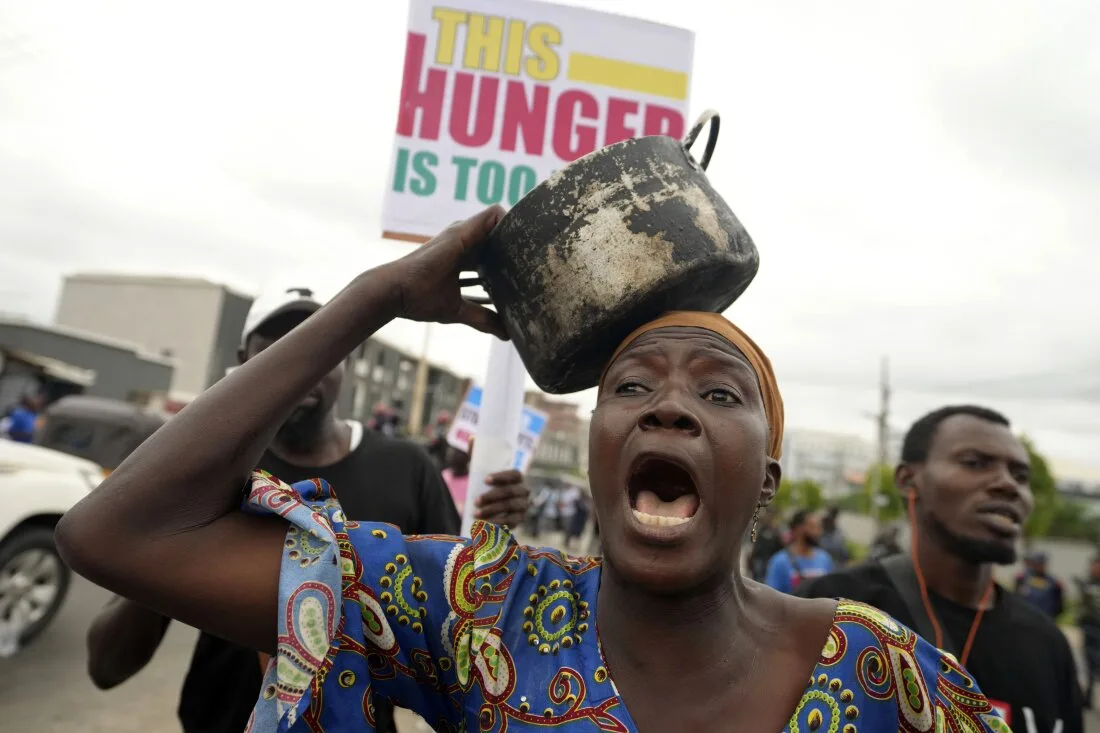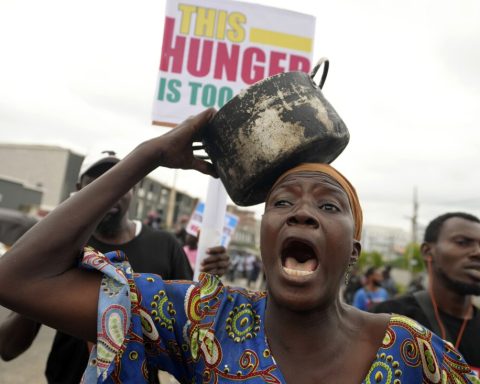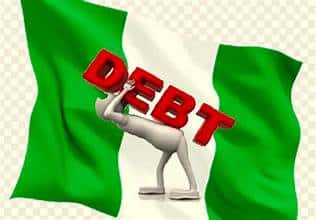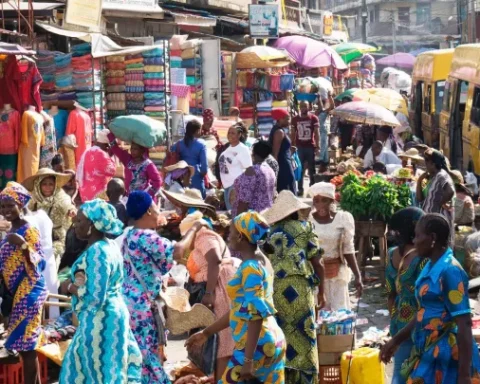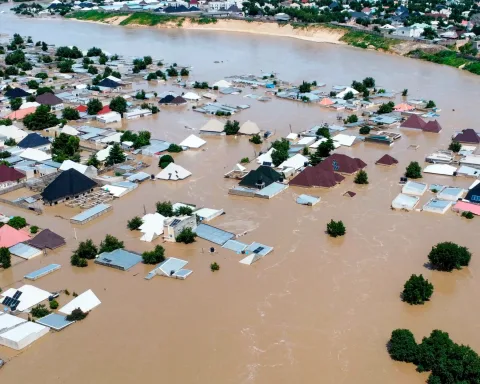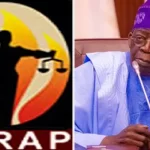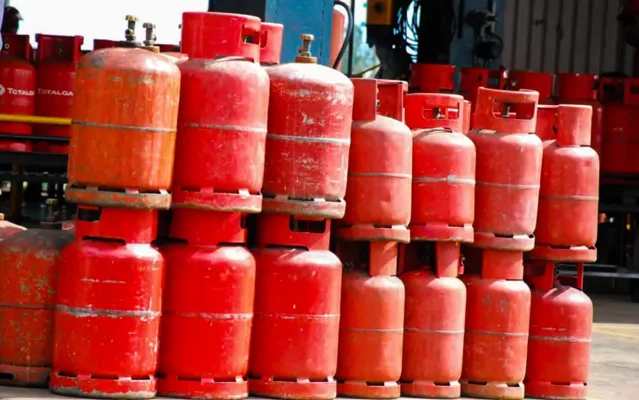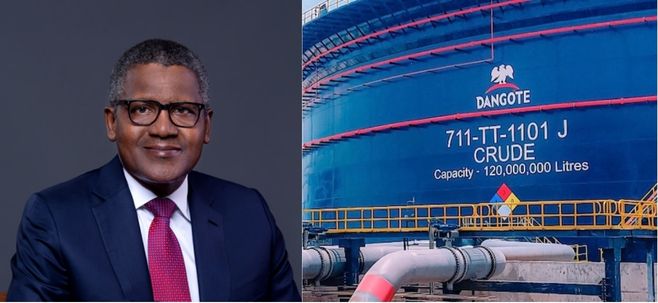The Growing Burden of Hardship in Nigeria
For many Nigerians, the daily grind has become a relentless battle for survival. The Senate President Godswill Akpabio acknowledged the reality that millions have been experiencing for months: severe hardship has gripped the nation. From skyrocketing food prices to unaffordable energy costs, life has become unbearably tough for many citizens. “In the face of rising economic pressures, our fellow citizens have been grappling with the realities of inflation, soaring living costs, and an unpredictable market,” Akpabio lamented, giving voice to the frustrations of countless Nigerians.
Despite the ongoing struggle, the Nigerian government has failed to offer effective solutions to ease the hardship. President Bola Tinubu’s policies, which included removing fuel subsidies and floating the naira, have sent shockwaves through the economy. The impact has been devastating, particularly for low-income earners, many of whom now struggle to afford basic necessities.
Join our WhatsApp ChannelA Crisis of Inflation and Living Costs
Akpabio’s admission of hardship may have resonated, but the harsh realities faced by Nigerians speak louder. Food inflation peaked at 40.87% in June before marginally easing in subsequent months. Still, the cost of living remains steep. With a minimum wage that only recently increased to ₦70,000 per month, millions of Nigerians find it hard to feed their families.
The rapid depreciation of the naira has also exacerbated the hardship. In May 2023, one U.S. dollar exchanged for ₦467; today, it fluctuates between ₦1,500 and ₦1,650. For those earning in naira, the soaring cost of imported goods and the collapse of the local currency have made survival a daily challenge. “We are at the mercy of inflation. Every day prices go up, but our wages remain stagnant,” said Aminu, a middle-class Nigerian struggling to make ends meet.
Energy costs have ballooned as well. The removal of fuel subsidies caused petrol prices to quadruple. Once sold for ₦190 per litre, petrol now averages ₦900 per litre, a burden that weighs heavily on families, businesses, and industries alike. Airtel, one of Nigeria’s largest telecommunications companies, has reported spending ₦28 billion per month on diesel to power its operations, a clear reflection of the severity of the energy crisis.
Hardship as a National Reality
Senate Majority Leader, Opeyemi Bamidele and Senator Uzor Kalu have echoed Akpabio’s sentiment, acknowledging the widespread hardship. “There is no doubt that Nigerians are going through very difficult times,” Bamidele wrote in a widely circulated op-ed. Kalu went further, urging Tinubu to take immediate action: “The hardship is biting hard. We need to bring succor to Nigerians.”
The question on everyone’s lips, however, is whether the government is truly committed to alleviating this hardship. Former Head of State Abdulsalami Abubakar has also spoken out, criticising the rising cost of living. “The issue of transportation, fuel hike, school fees, and lack of funds is making life difficult for everyone,” he remarked, echoing the frustrations of millions of Nigerians. Archbishop John Onaiyekan has warned that “the middle class is now being completely wiped out.”
READ ALSO: #Nigeria@64: A Nation At The Crossroads Amid Economic Hardships
A Nation at the Brink
Factory closures, job losses, and privations have become all too common in Nigeria. The Manufacturers Association of Nigeria has recorded over 767 factory closures in 2023 alone. With multinational companies like Kimberly-Clark, Procter & Gamble, and GSK exiting the country, thousands of jobs have been lost, worsening the hardship already being felt across the country.
As food shortages loom due to flooding, insecurity, and rural underdevelopment, the situation may become even more dire. According to a joint report by global organisations including the FAO and UNICEF, 78.7% of the Nigerian population could not afford a healthy diet in 2022. With food production heavily impacted by insecurity in the North, where banditry, kidnapping, and herdsmen attacks have driven farmers away from their land, the outlook is grim.
The Government’s Response to Hardship
Though the Tinubu administration has implemented a 133% increase in the minimum wage, from ₦30,000 to ₦70,000, many believe it’s not enough. “While the minimum wage increase is a step in the right direction, it does not cover the rising cost of living. We need more,” said Chinedu, a civil servant in Lagos.
At the same time, critics argue that the excessive cost of governance continues to weigh on the nation’s finances. Lawmakers, often viewed as the highest-paid in the world, continue to enjoy luxuries while the masses suffer. Akpabio, labeled a close ally of the President, came under fire for approving the purchase of a new presidential jet, sparking outrage among citizens. Such moves deepen the sense of disconnect between the political elite and ordinary Nigerians.
Is There Hope Amidst Hardship?
As Nigerians continue to endure hardship, many wonder if there is light at the end of the tunnel. Protests have already erupted under the banner #EndBadGovernance, with another major protest planned for October. The frustration is palpable, and unless the government acts quickly, the hardship will only deepen.
President Tinubu must prioritise economic reforms, address security concerns, and support local industries to prevent further factory closures. Cutting the excessive cost of governance and implementing tax reforms could offer some relief, but time is running out. Nigerians have shown remarkable resilience, but they need more than rhetoric – they need action.
As Akpabio acknowledged, the hardship is real. Now, it’s time for the government to act decisively and relieve the suffering of the people.
Emmanuel Ochayi is a journalist. He is a graduate of the University of Lagos, School of first choice and the nations pride. Emmanuel is keen on exploring writing angles in different areas, including Business, climate change, politics, Education, and others.

